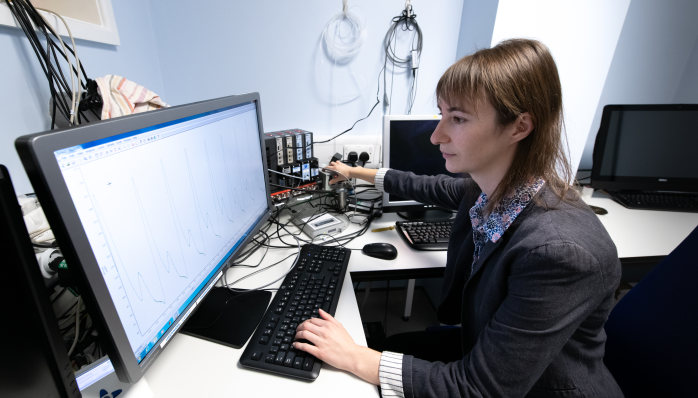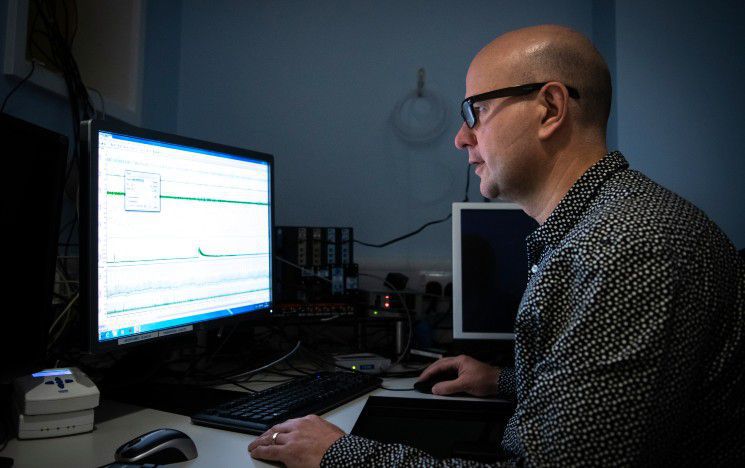
Hugo Critchley
Interoception, psychosis and anxiety
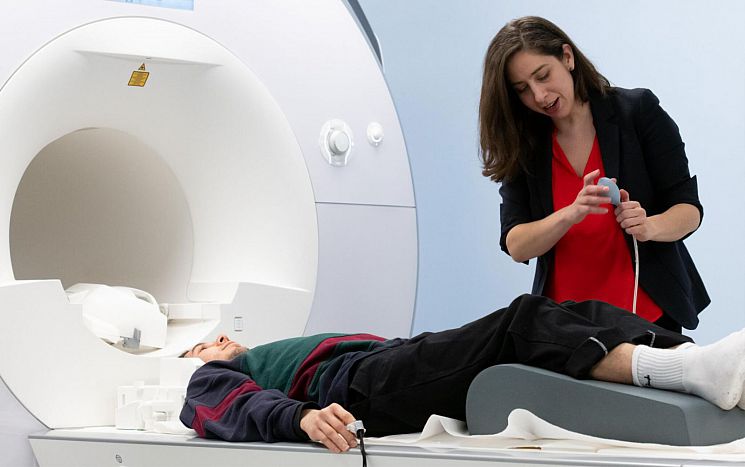
We need to define the mechanisms of interaction between mind, brain, and body to gain a comprehensive, practical neuroscientific understanding of mental and physical health.”hugo critchley
Chair of Psychiatry
There is primacy to the brain’s representation of the body. Our mental world is built upon the continual need to regulate, orchestrate and adapt the body at a basic physiological level for survival. Consequently, our minds are coloured by ever-changing motivational and emotional states expressed as personal, subjective feelings that drive our actions and behaviours. Our goal is to define the mechanisms through which the mind, brain and inner body interact in health, and to delineate how aberrant interactions may lead to common clinical - particularly neurological and psychiatric - symptoms. We combine experimental psychology with autonomic psychophysiology, neuroimaging and translational neuroscience to map the neurobiology of bidirectional interactions between mind and body, and develop novel insights towards better clinical treatments.

Interoception, psychosis and anxiety
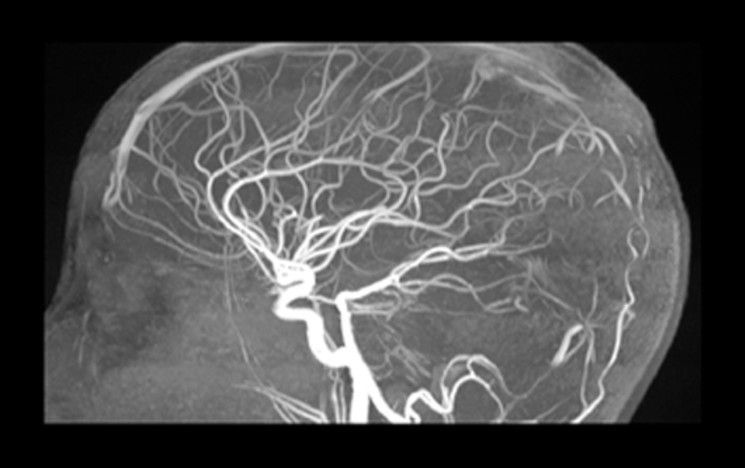
Adaptive behavioural control
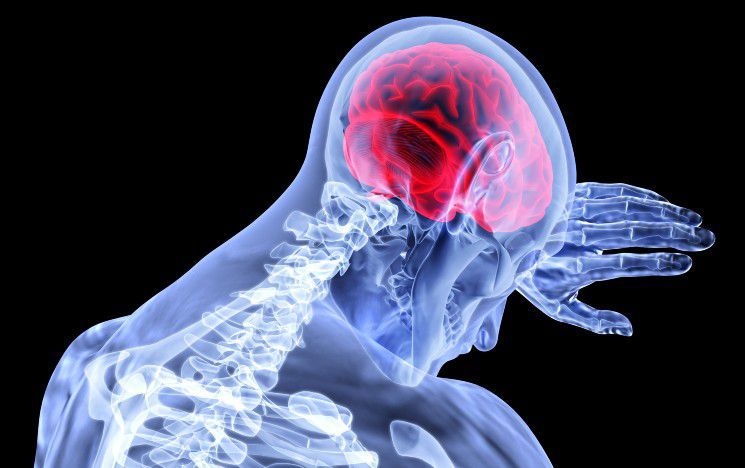
Biological mechanisms of affective disorders
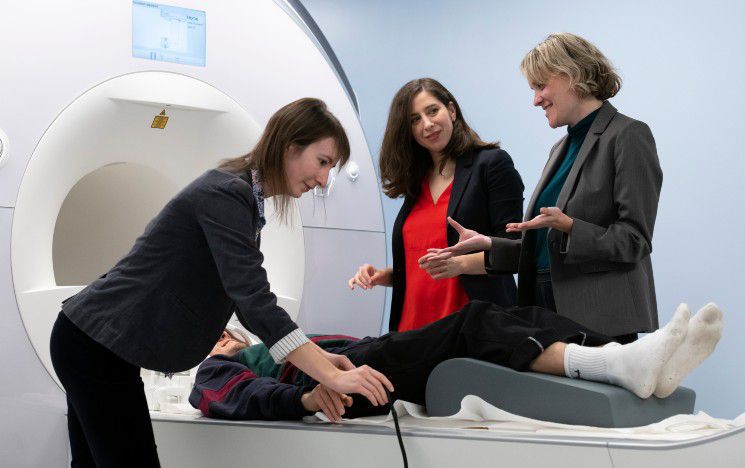
Brain-body interaction, joint hypermobility and chronic pain

Cognitive mechanisms involved in drug addiction
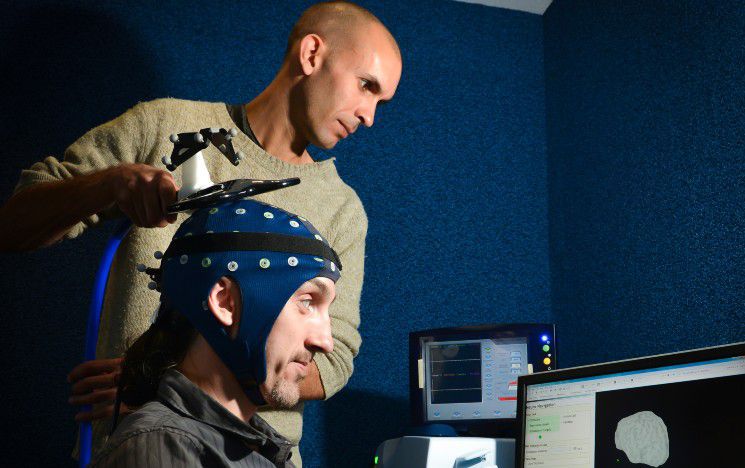
Consciousness science
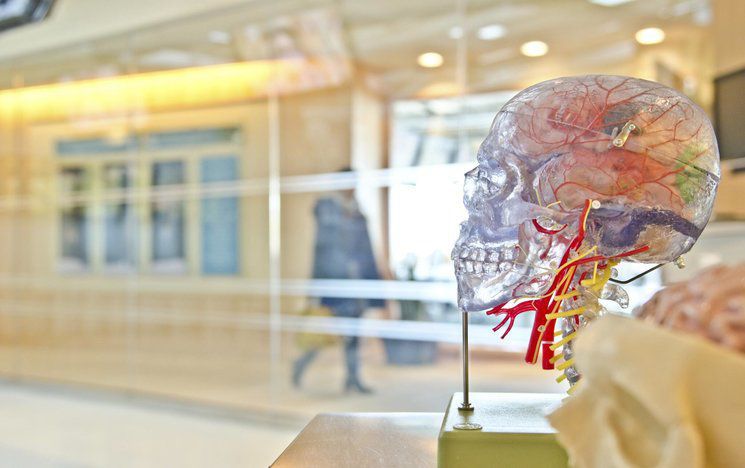
Biofeedback treatment on neurological and psychiatric conditions
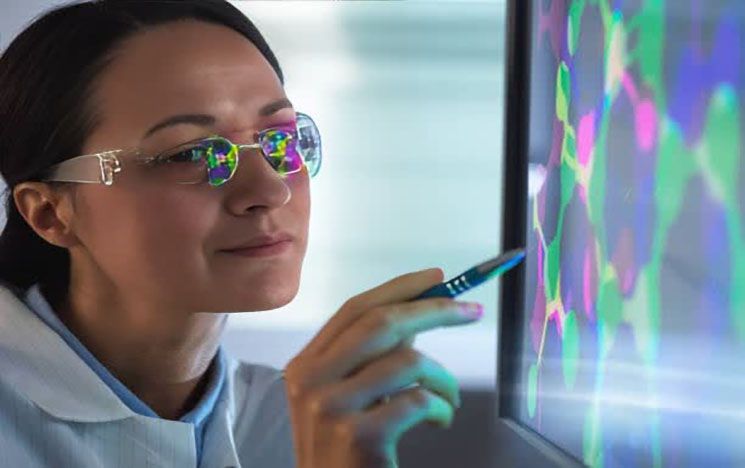
Biopsychosocial mechanisms of neurological disorders
Lecturer in Psychology
“We all know what ‘gut instinct’ feels like: at Sussex, we attempt to explain why, and how, bodily feelings drive our behaviour.
I came to Sussex for a postdoc with Hugo Critchley, after a PhD at Cambridge using structural and functional MRI to investigate the networks of the brain that enable voluntary action.
In my postdoc work, I combined this interest in how we choose what to do, and just as importantly, what not to do, with Hugo’s expertise in interoception – the process by which we perceive what is happening physiologically in our bodies.
In particular, we ran a series of studies on people with Tourette syndrome, which suggested that tics interact with interoception, driven by insular cortex activity.
I then moved from BSMS to Psychology to take up a lectureship, wanting to stay at Sussex and continue benefitting from the collegiate, collaborative, and supportive academic environment embodied by Sussex Neuroscience.
We now have many research groups at Sussex with deep expertise in analysing brain-body interactions in health, disease, and disorder. I have recently branched out into asking how lifestyle challenges, such as sleep and work patterns, affect how we feel, and ultimately, how we behave.
Together with colleagues across Schools, we are building an increasingly precise picture on how the body cues behaviour, mediated by the brain.”
